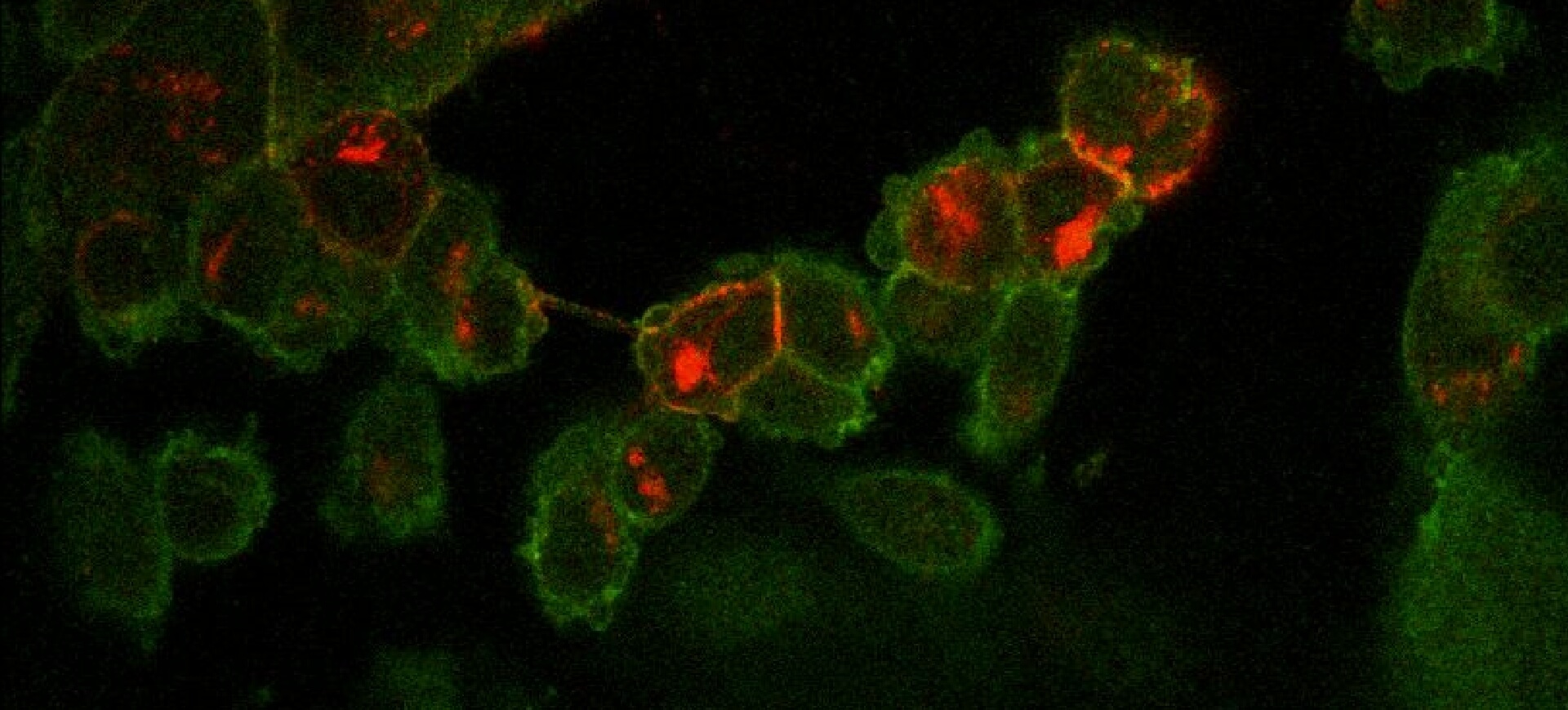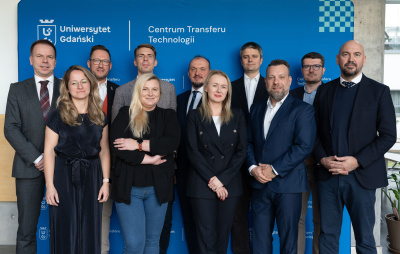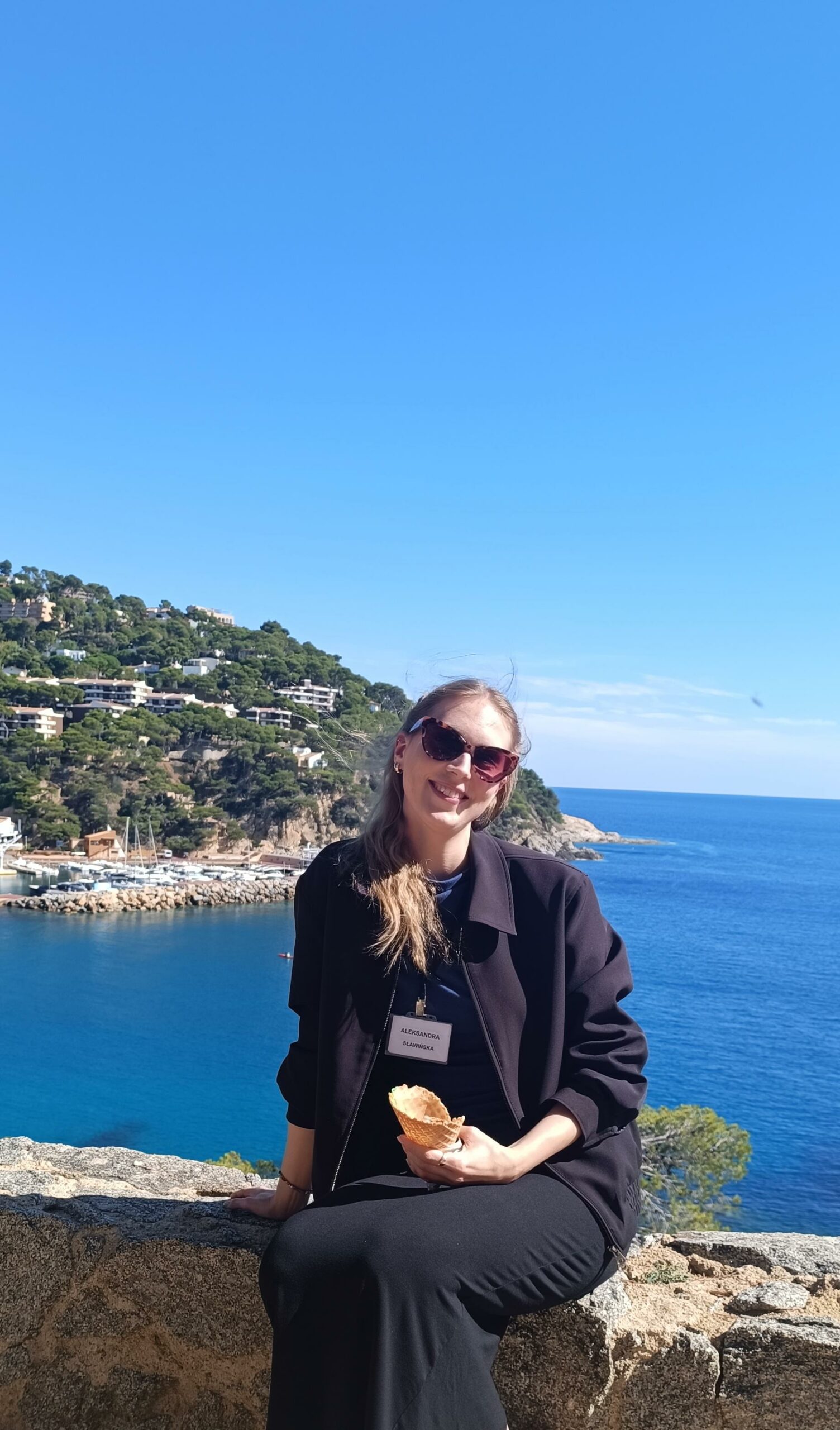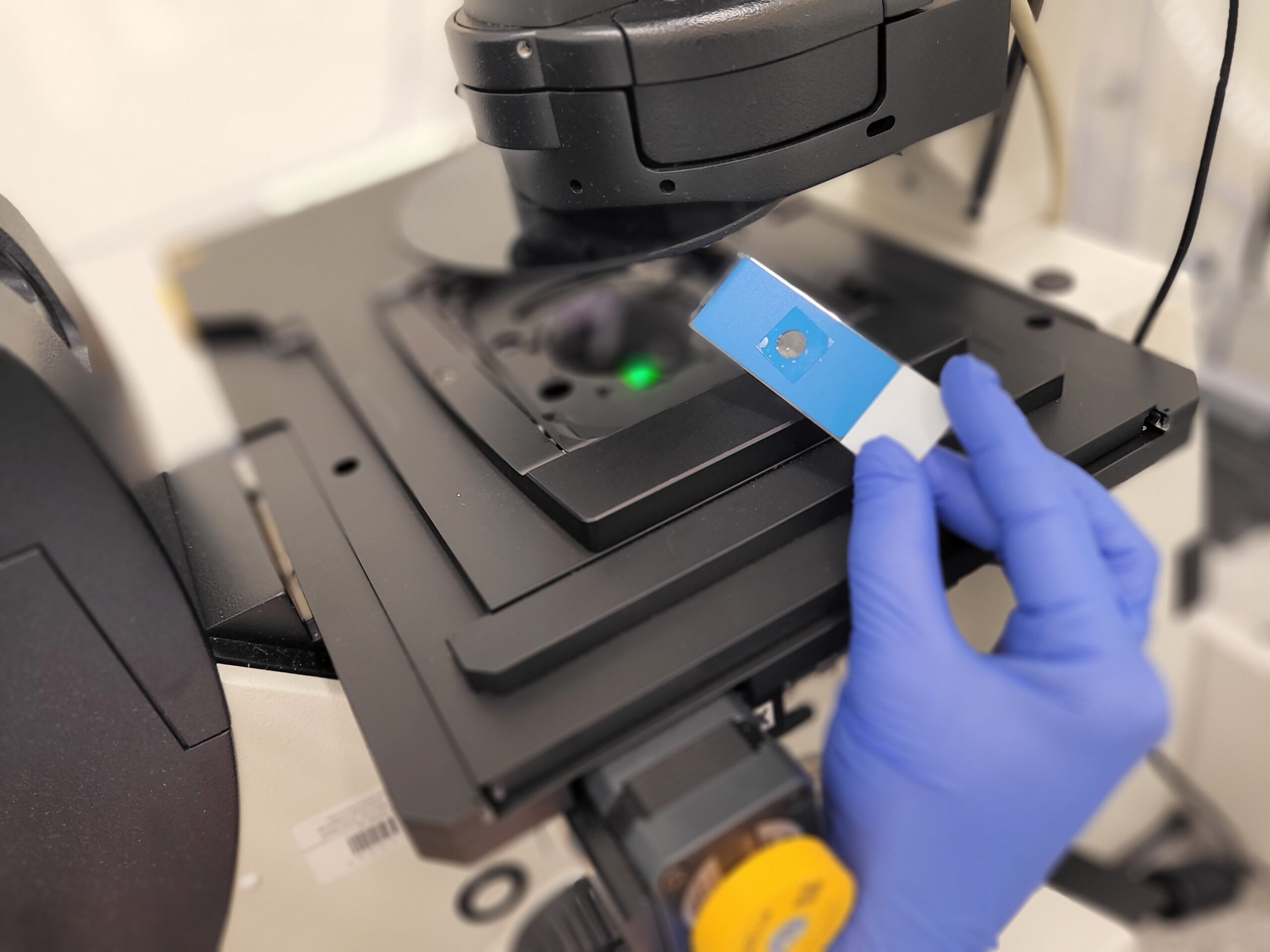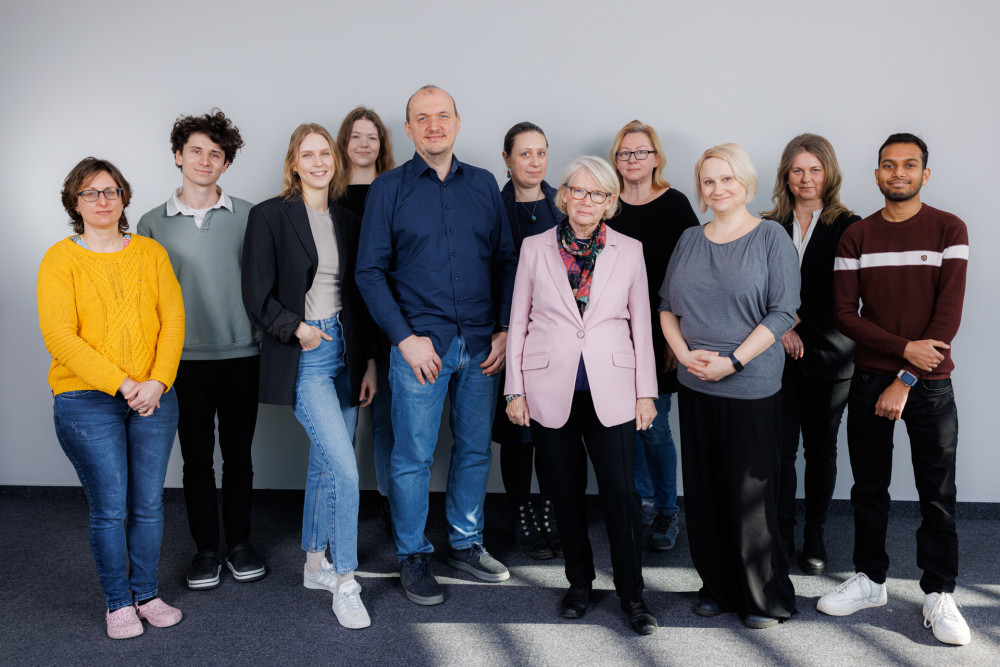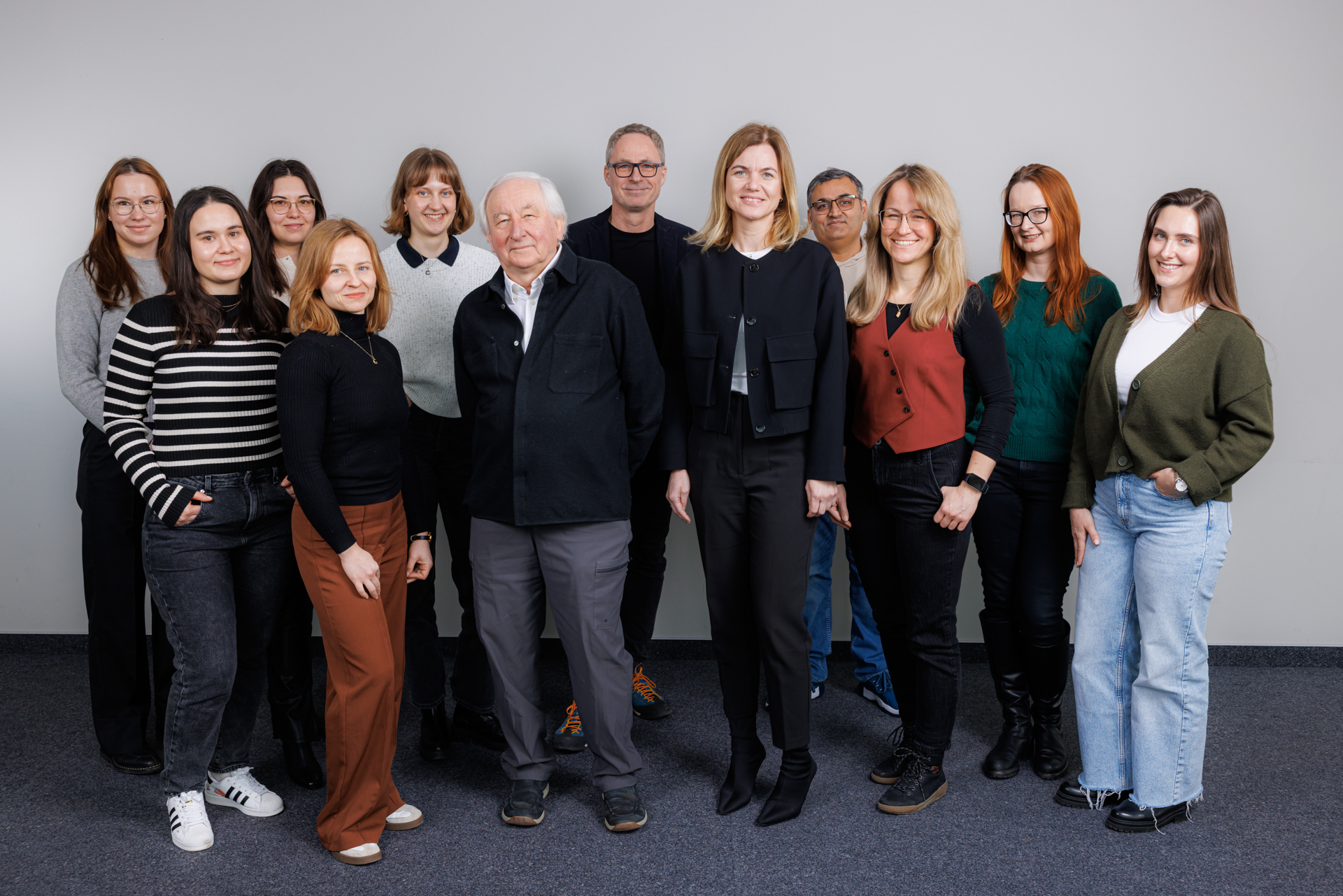Welcome to Virology Group at University of Gdansk
part of Intercollegiate Faculty of Biotechnology
of University of Gdańsk and Medical University of Gdańsk
Former Department of Virology consists of two teams:
- Laboratory of Virus Molecular Biology
- Laboratory or Recombinant Vaccines



